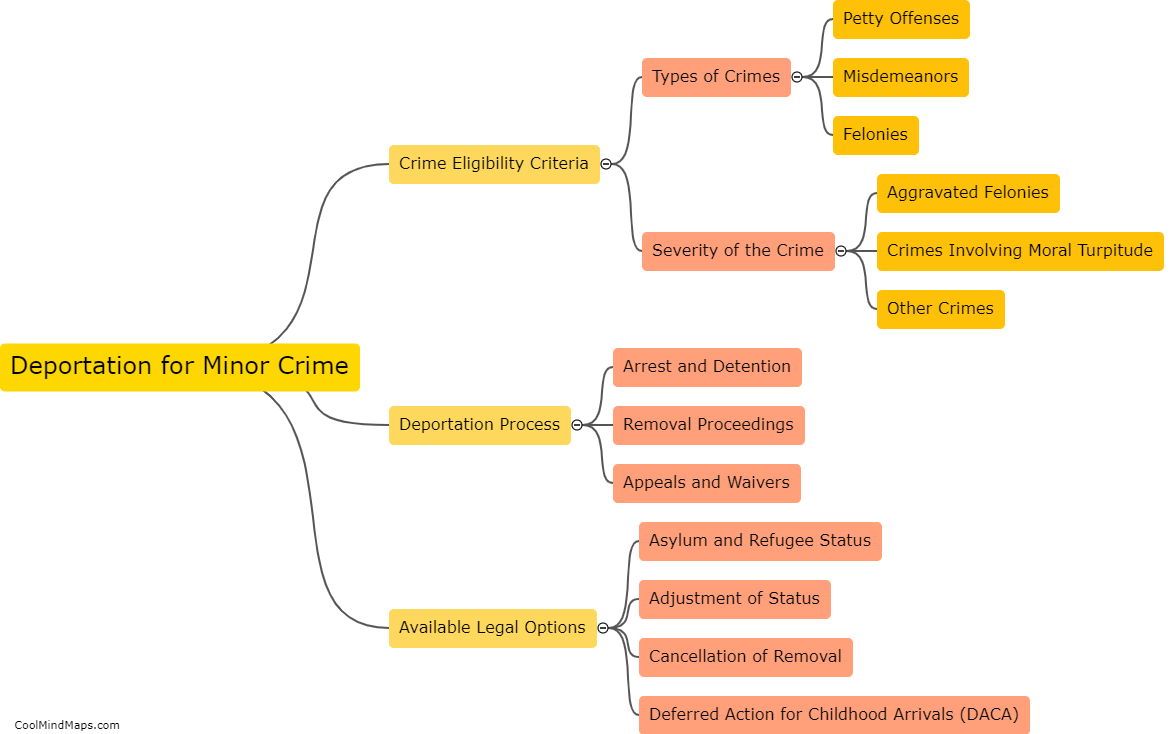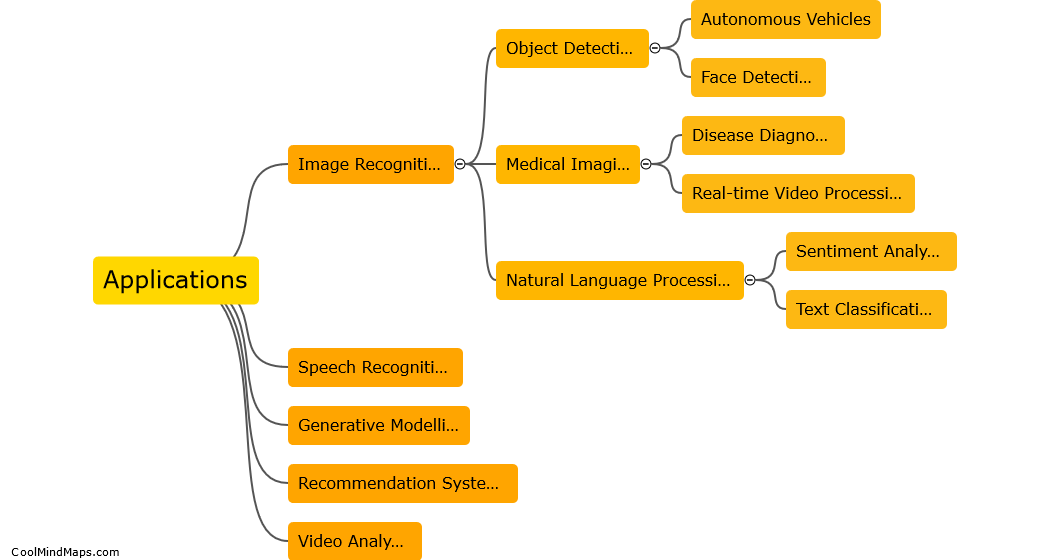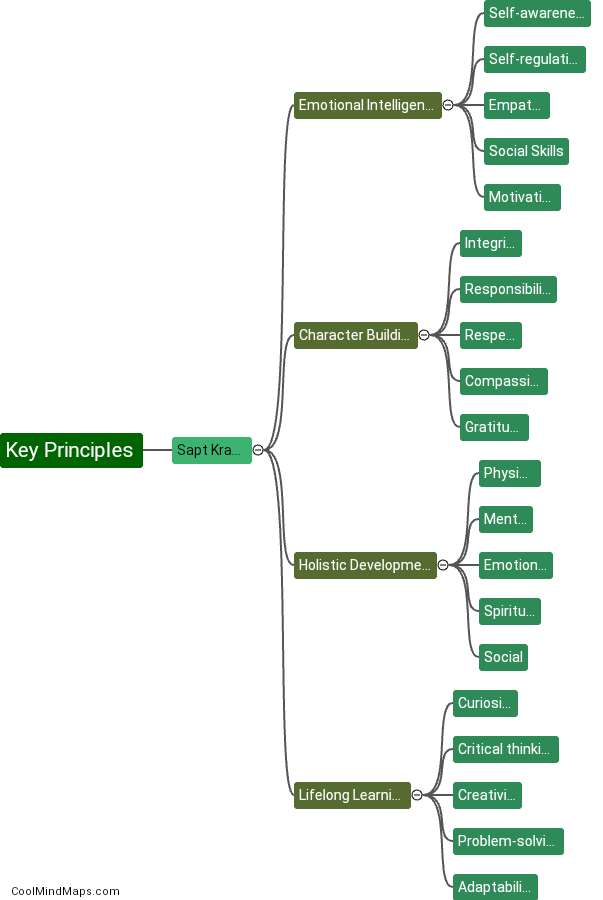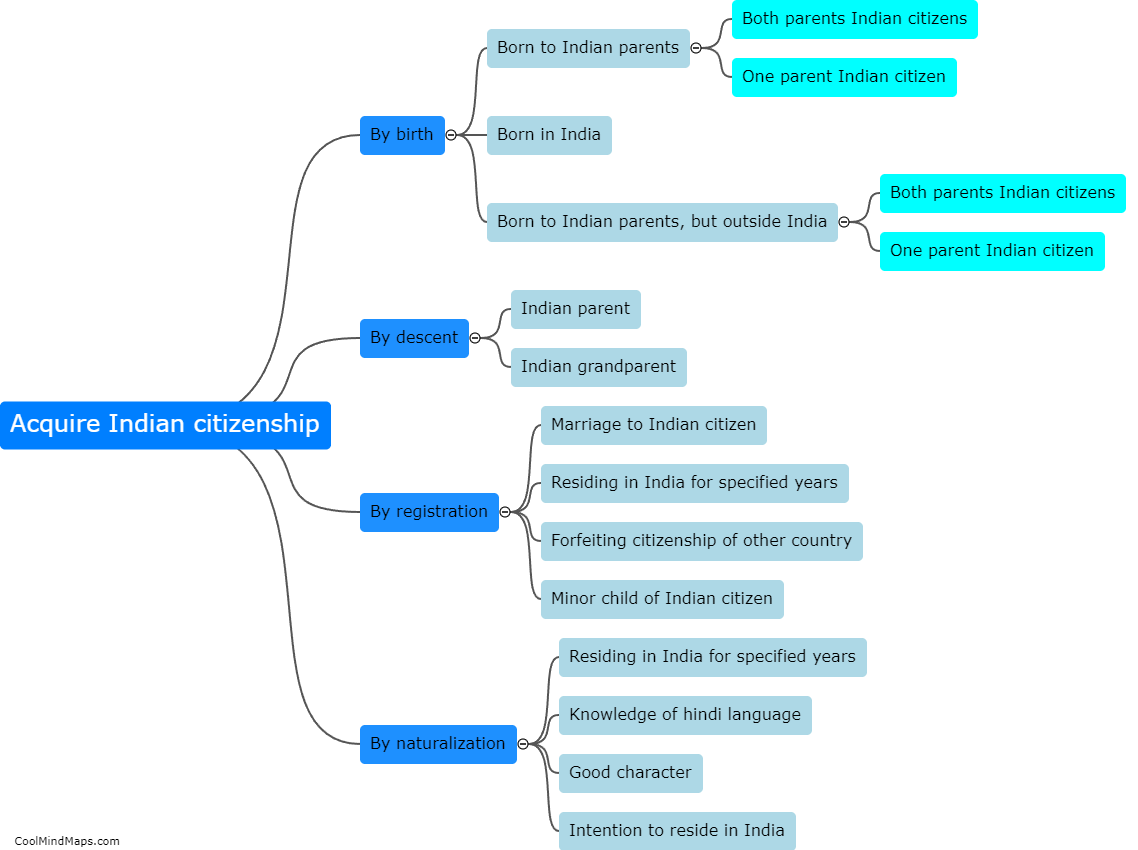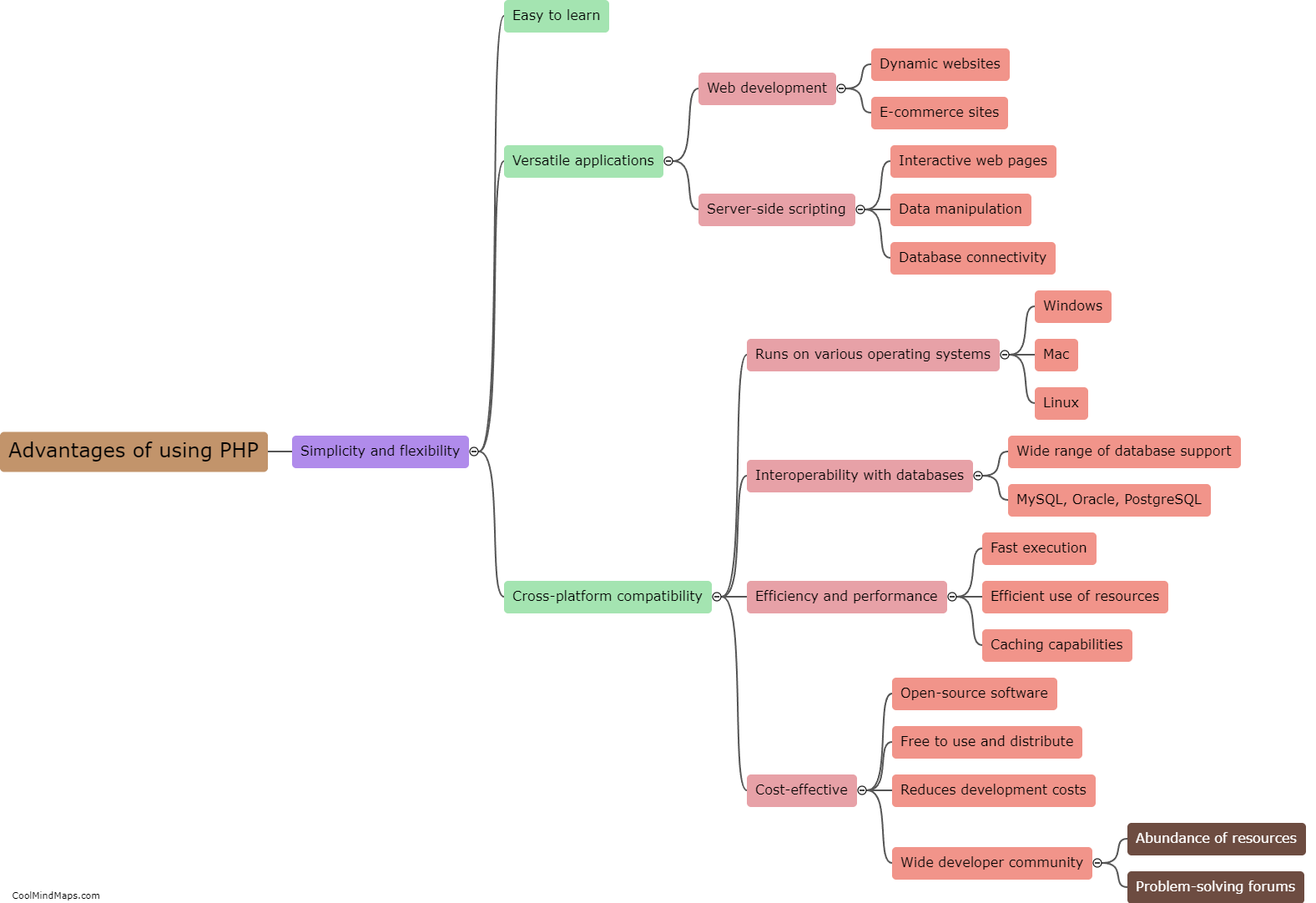What are the fundamental elements of the right to equality?
The right to equality is a fundamental principle ingrained in many legal systems globally. It encompasses certain fundamental elements that are essential for safeguarding and promoting equal treatment and non-discrimination. These elements include equal protection of the law, which ensures that all individuals, irrespective of their background or characteristics, are subject to the same laws and regulations. Moreover, equality before the law guarantees that everyone is entitled to the same legal rights and remedies without any unjustifiable distinctions. Additionally, the principle of non-discrimination prohibits any form of differentiation or prejudice based on factors such as race, color, sex, religion, nationality, or any other protected characteristic. These fundamental elements collectively form the bedrock of the right to equality, striving towards creating a just and fair society.

This mind map was published on 24 August 2023 and has been viewed 112 times.

